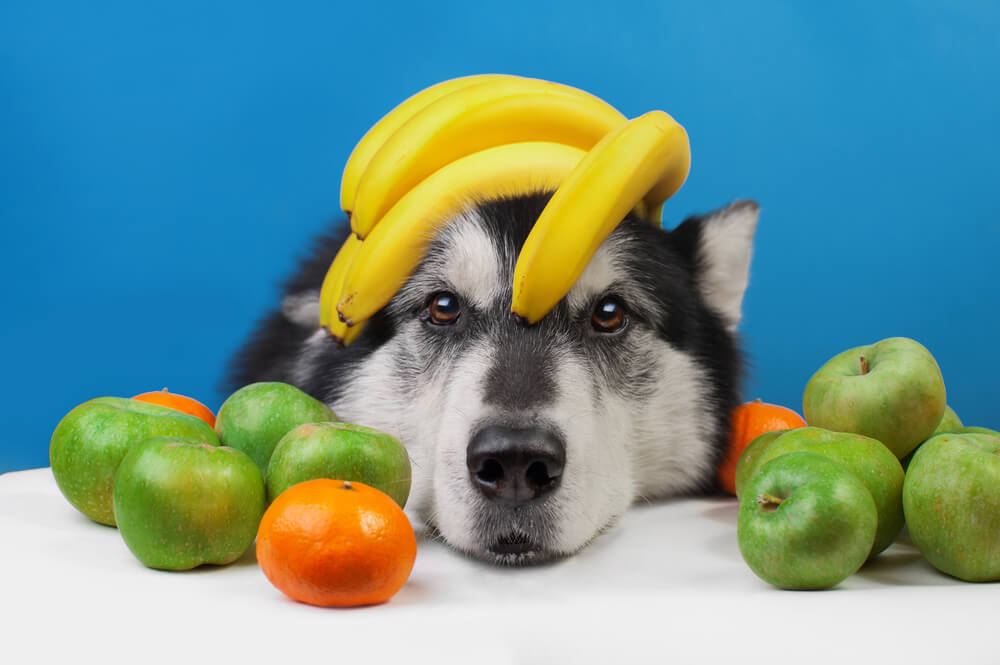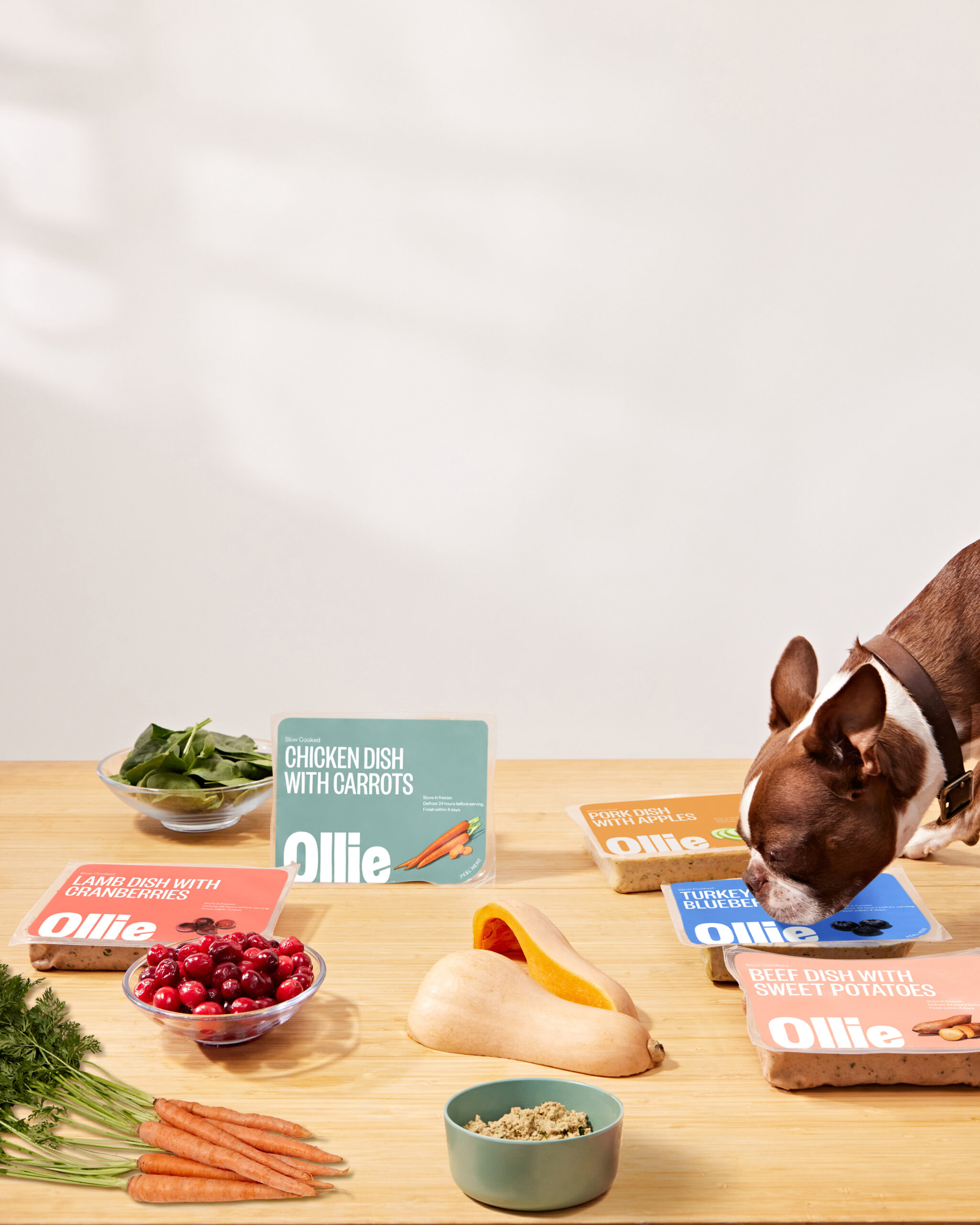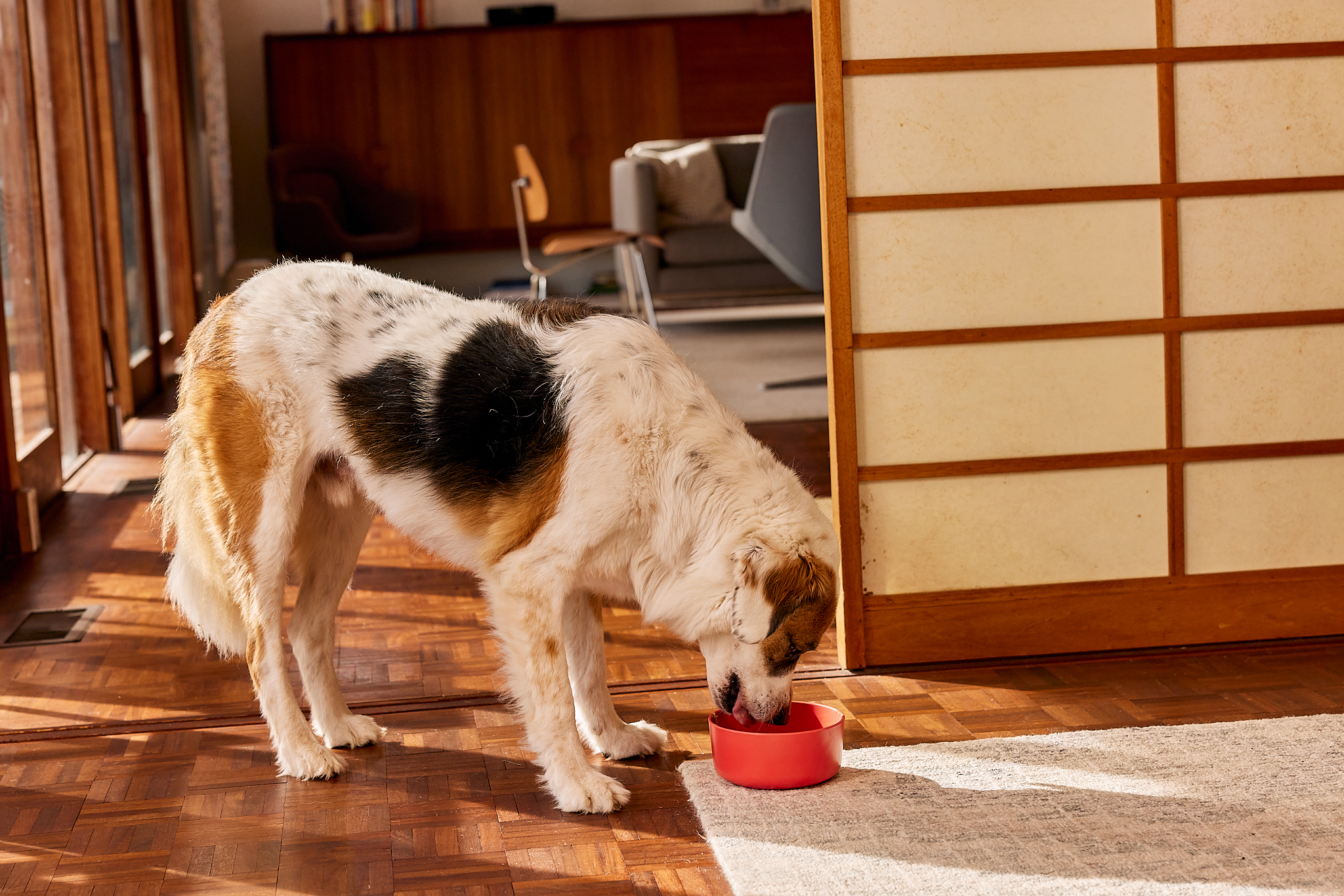Hey Ollie blog readers! We’re offering you an exclusive 60% OFF your starter box! Try now!
You want to feed your pet the healthiest diet possible. There is so much information about what pets should and shouldn’t eat – sometimes it is overwhelming. You may be wondering if dogs can eat fruit on a daily basis? If so, what fruit is healthy and which should be avoided?
Can Dogs Eat Fruit?
Yes, you should absolutely allow your pet to enjoy some fresh fruit. There are many benefits to feeding fruit including fiber, vitamins and minerals – even additional hydration as some fruits have a high water content.
While fruit does have naturally occurring sugar in small quantities it should not be an issue for your pet.
Of course, the size of your pet and overall diet will impact how much fruit you should give and how often. Consult your vet or a nutritionist if you have any questions about serving sizes.
If your pet has trouble digesting fruits or food allergies, you should introduce new fruit slowly and carefully. Try to only introduce one new food at a time so you can make sure your pet isn’t reacting to it.
What Fruits Can Dogs Eat Safely?
These fruits are safe for your pet and have health benefits when added to your dog’s diet in moderation. You can offer your pet fresh, frozen or canned fruit. If you opt to offer canned fruit, avoid those which are packed in heavy or light syrup. These syrups have additional sugars that your pet does not need. While not specifically harmful the extra sugar can cause weight gain and is not suitable for diabetic pets. Look for fruit packed in water or 100% fruit juice.
Strawberries
Berries are a great choice for dogs as they are lower in sugar. They contain vitamin C and antioxidants.
Raspberries
Like strawberries, raspberries are a good choice for your dog. They are low in sugar and high in fiber. One word of caution on raspberries, they contain small amounts of naturally occurring sweetener called xylitol. In large quantities (like used in low fat peanut butter) xylitol can be deadly to dogs.
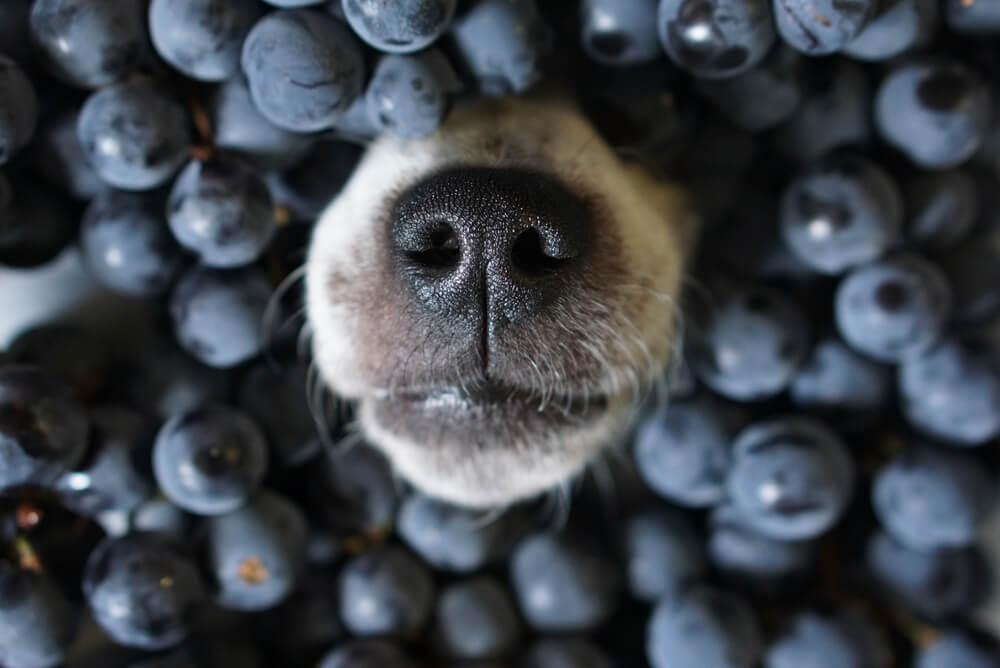
Blueberries
Blueberries are as good for your best friend as they are for you! They contain antioxidants and vitamin C and can help reduce inflammation.
Apples
Apples are a high fiber low fat snack making them a good choice for an older pet or one who is overweight.
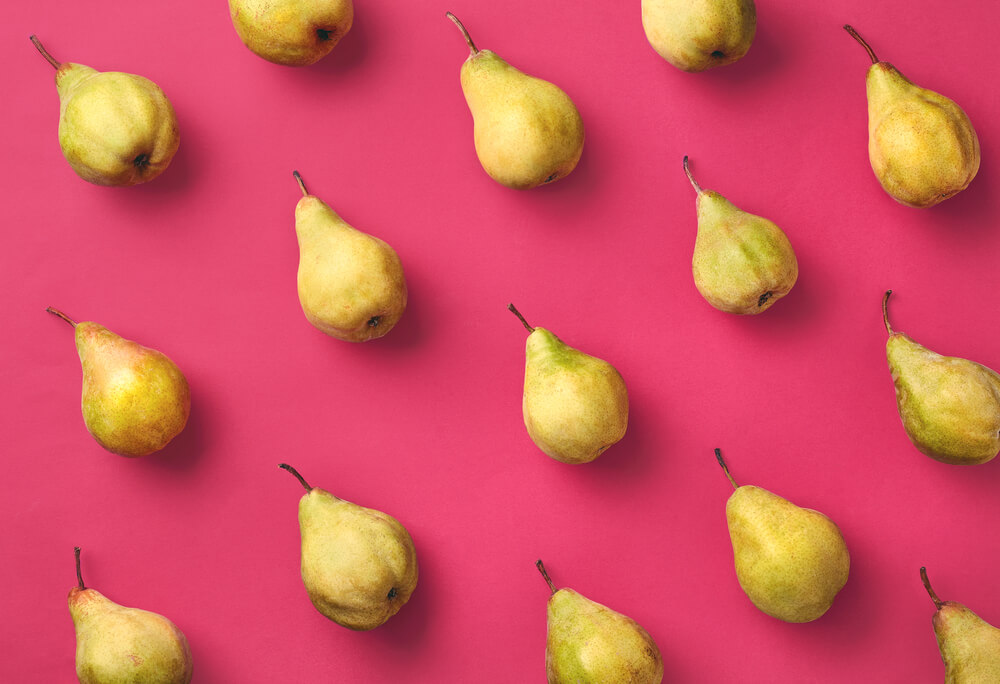
Pears (no seeds)
You can share your pear with your dog, just avoid giving them the seeds which are toxic as they have traces of cyanide.
Bananas
The high potassium content makes bananas a good choice of fruit to share with your dog. If your pet is overweight, diabetic or has already eaten some sweet treats you may want to limit the amount of banana you offer as it is a high sugar, high carbohydrate fruit.
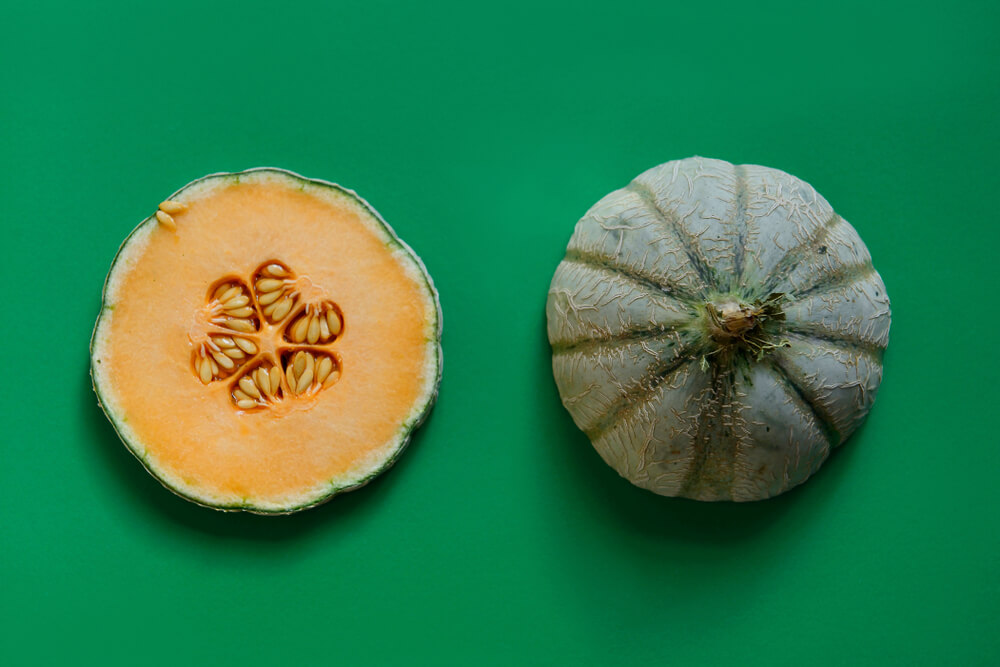
Cantaloupe
Cantaloupe can help reduce inflammation. Before you share with your pet be sure to remove the rind and seeds as well as cut it into bite size pieces so your pet does not choke.
Watermelon
This delicious fruit has a very high water content making it the perfect summer treat for your pet. Do not feed the rind to your dog. Cut into small pieces and share generously. This is a great snack option for the dog beach or summer picnics.
Honeydew
Like other melons this is a suitable snack for your pet. Remove rind and seeds and cut into small pieces before you offer this fruit.
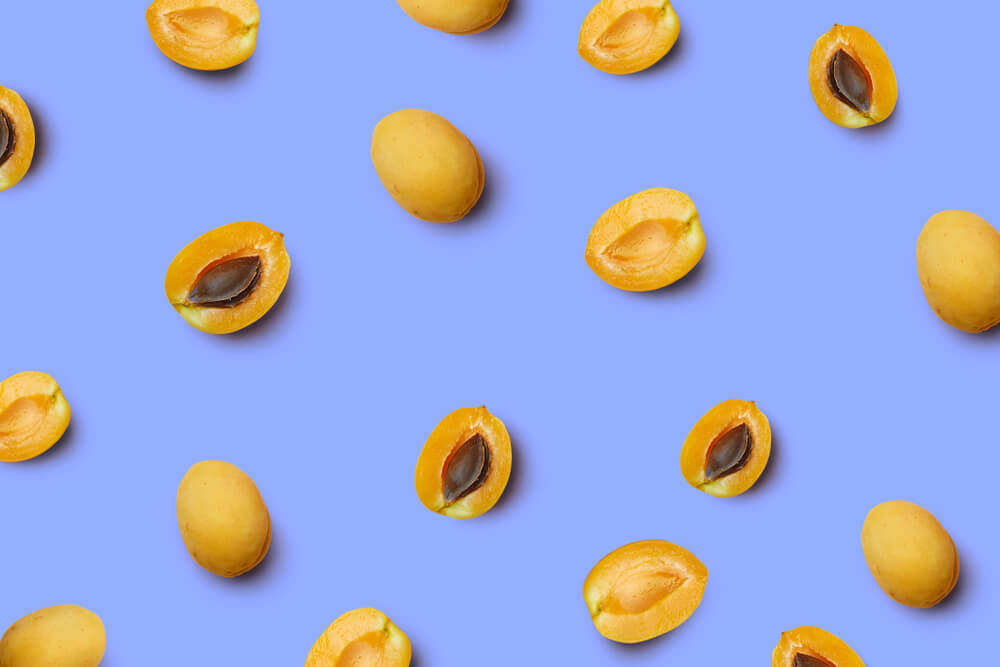
Apricot
Your dog can enjoy flesh of apricots. Do not offer pits, stems or leaves as these are not safe for your dog to eat.
Cranberries
Cranberries can be helpful in preventing urinary tract infections. Avoid feeding cranberry juice or cranberry sauces as the added sugar is not good for your pet. Your pet may dislike the extremely tart taste of these berries but they are a healthy snack if your pet wants to eat them.
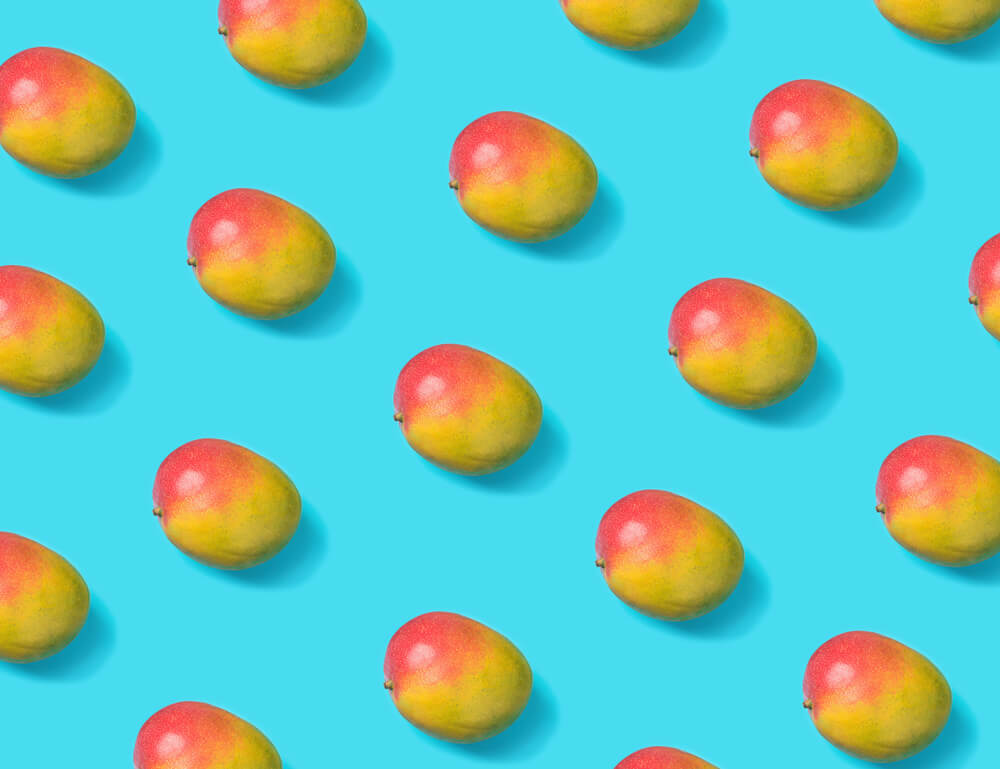
Mango
This sweet treat can be shared with your pet. You want to offer the flesh only and never the skin or woody pit.
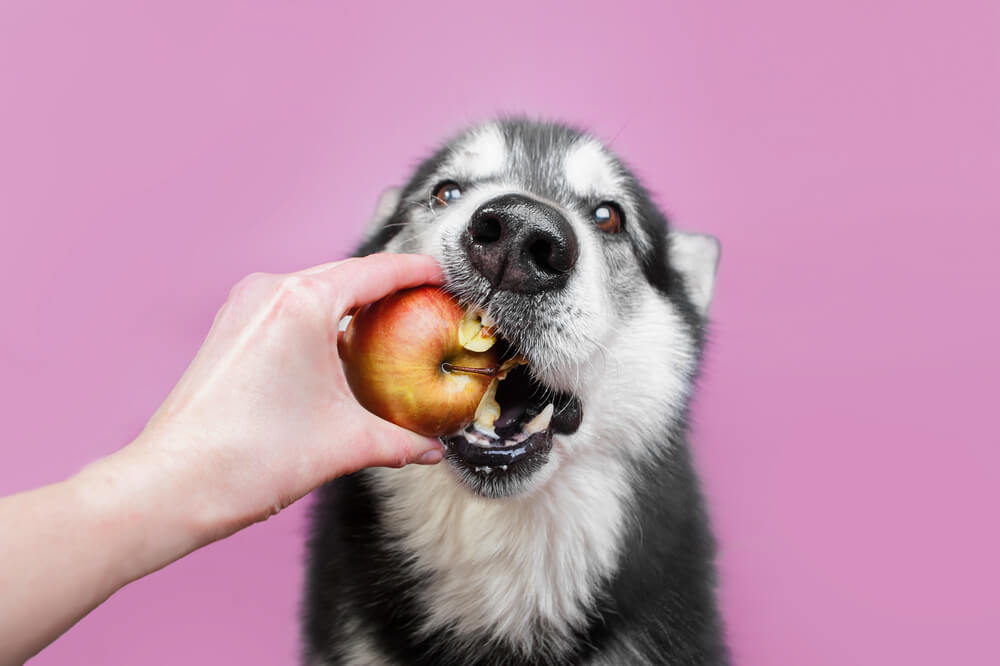
How To Safely Feed Fruit To Your Dog
Even though you want to limit fruit in your pet’s diet to small quantities, it does not have to be boring! You can get creative with how you serve fruit. Use cookie cutters to cut fruit into shapes! If you want to get fancy here are a few easy ways to make fruit into a special treat for your very best friend:
- Freeze strawberries for a cool treat on a hot day
- Make a ‘sandwich’ with two slices of banana and some peanut butter
- Freeze blueberries with some plain yogurt to make a pupsicle
- Offer cubes of melon on a hot day for extra hydration
Avoid fruit juices as they are higher in calories and lacking some of the fiber you get from fresh fruit. This is the same as with human dietary guidelines, although we have a little more wiggle room in our diet for some juice with our breakfast.
What Fruit Should Dogs Not Eat?
While there are many fruits that are good for your pet, there are a few that are toxic. You’ll want to remember not to feed the fruit listed below. If you are serving these fruits or using them as decorations you will want to supervise your dog carefully so they don’t steal them and eat them.
Grapes
Grapes are highly toxic to dogs. They can cause acute kidney failure. Do not ever feed your pet grapes. If you think your dog has eaten grapes contact your vet or animal poison control immediately.
Raisins
Like grapes above, raisins also are extremely toxic to dogs. They are highly concentrated and can cause kidney failure in your pet. Do not ever give your dog raisins.
Cherries
Avoid feeding cherries as the seeds and plants contain cyanide. This is toxic to dogs and can be fatal. If you think your dog has eaten cherries monitor for dilated pupils, trouble breathing and red gums.
Lemons
Licking a lemon probably won’t do any damage to your pet but it might not be pleasant. Dogs should never be offered the pith or rind of a lemon as they contain essential oils which can be toxic to your pet. Additionally, the high level of citric acid in lemon juice makes lemons a poor choice for your pet.
Persimmons
Persimmons can cause intestinal issues so you should not offer them to your dog.
Avocado
While this might be a delicious treat for you, do not share with your best friend. Avocados contain persin which can be deadly to your dog. It is not known how much persin a dog needs to consume before they get sick. Additionally, the high fat content of this fruit can cause pancreatitis.
The Ollie blog is devoted to helping pet parents lead healthier lives with their pups. If you want to learn more about our fresh, human-grade food, check out MyOllie.com
Tagged As:

The nutrition your dog needs,
the food they want.

Enjoying our articles? Subscribe our Newsletters and get new articles directly to your inbox
You might also like
4 June 2025
7 MINS READ
Feed Their Future: Why Human-Grade Food Matters for Puppies
Among the many decisions you’ll make as a new pet parent, choosing the right food for your growing puppy is one of the most important. The quality of your puppy’s diet can impact their developme…
by Ollie Pets
4 June 2025
6 MINS READ
How Does Fresh Dog Food Compare to Homemade?
As pet parents become more conscious about what goes into their dog’s food bowl, many are considering alternatives to traditional kibble. Two increasingly popular options are fresh dog food and ho…
by Ollie Pets
4 June 2025
5 MINS READ
How Can Fresh Dog Food Help with Weight Management?
Maintaining a healthy weight is one of the most important aspects of your dog’s overall health and longevity. Being overweight or underweight can result in health complications and conditions that…
